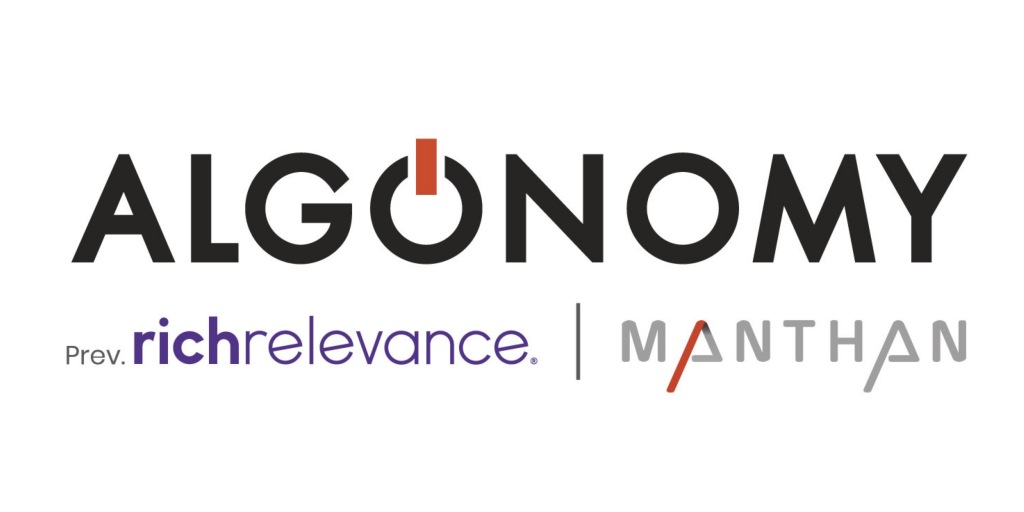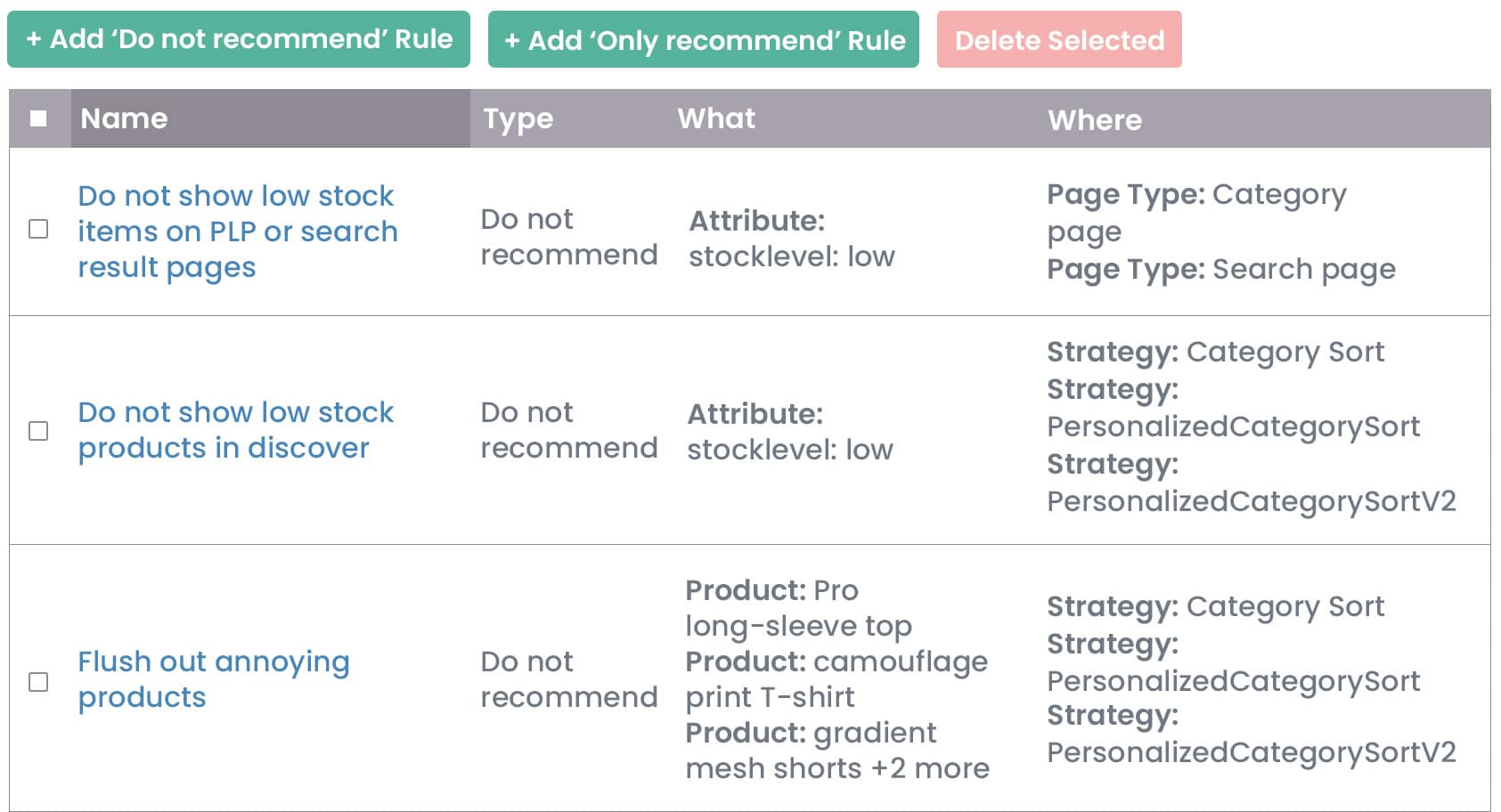
Algonomy Commerce AI: Complete Buyer's Guide
Enterprise-grade algorithmic decisioning platform
Algonomy Commerce AI is an enterprise-grade algorithmic decisioning platform that delivers genuine machine learning capabilities for personalized product bundling and omnichannel customer engagement. Best for mid-market to enterprise retailers with complex product catalogs requiring sophisticated AI-driven merchandising and real-time inventory optimization.
Market Position & Maturity
Market Standing
Algonomy occupies a premium position in the enterprise AI bundling market, competing directly with sophisticated platforms rather than entry-level Shopify apps.
Company Maturity
The platform's market maturity is evidenced by its ability to serve global operations requiring GDPR compliance and complex regulatory requirements [45][52].
Growth Trajectory
The company's growth trajectory is supported by continuous innovation, including the recent launch of Ensemble AI for real-time outfit styling [43].
Industry Recognition
Recognition by Gartner and Forrester establishes credibility in the enterprise software evaluation process [40][43].
Strategic Partnerships
Enterprise client validation through relationships with McDonald's, eBay, and Tiffany & Co. provides credibility for large-scale implementations [40][43].
Longevity Assessment
Long-term viability is supported by the platform's enterprise customer base, which typically involves multi-year contracts and deep integrations that create switching costs.
Proof of Capabilities
Customer Evidence
Miinto Fashion Marketplace provides compelling evidence of Algonomy's enterprise capabilities, achieving a 2.5x increase in conversion rates, 22% higher spend from personalized interactions, and 19.4% incremental revenue growth [38].
Quantified Outcomes
ROI timeline evidence shows mid-market retailers achieving 25-43% average order value uplift in documented implementations [51][54].
Case Study Analysis
Riachuelo's Black Friday implementation showcases Algonomy's performance under pressure, with the apparel retailer achieving a 4.9% sales surge and significant click-through rate improvements [45][51].
Market Validation
Market validation through recognition by Gartner and Forrester adds third-party credibility to customer success stories [40][43].
Competitive Wins
Competitive positioning reveals Algonomy's strategic focus on genuine AI capabilities rather than marketing-driven 'AI' claims [38][42][49].
Reference Customers
Enterprise client validation through relationships with McDonald's, eBay, and Tiffany & Co. provides credibility for large-scale implementations [40][43].
AI Technology
Algonomy's technical foundation centers on its Xen AI decisioning engine, which represents genuine machine learning capabilities rather than the rule-based automation found in most competitors [37][44].
Architecture
The platform's architecture supports immediate deployment upon implementation, unlike competitors such as Kefi that require 30-day data training periods [42].
Primary Competitors
Main alternatives include BundleKing and Kefi, which lack certain capabilities like real-time inventory syncing and immediate deployment [38][42].
Competitive Advantages
Key competitive strengths include real-time inventory syncing that BundleKing lacks and immediate deployment capabilities unlike Kefi [38][42].
Market Positioning
Market positioning places Algonomy in the premium segment competing with enterprise platforms rather than entry-level Shopify apps.
Win/Loss Scenarios
Win scenarios favor Algonomy for organizations with high-variability product catalogs, global operations requiring GDPR compliance, and substantial SKU counts [45][52].
Key Features

Pros & Cons
Use Cases
Pricing
Featured In Articles
Comprehensive analysis of Dynamic Bundling for Ecommerce for Ecommerce businesses and online retailers. Expert evaluation of features, pricing, and implementation.
How We Researched This Guide
About This Guide: This comprehensive analysis is based on extensive competitive intelligence and real-world implementation data from leading AI vendors. StayModern updates this guide quarterly to reflect market developments and vendor performance changes.
54+ verified sources per analysis including official documentation, customer reviews, analyst reports, and industry publications.
- • Vendor documentation & whitepapers
- • Customer testimonials & case studies
- • Third-party analyst assessments
- • Industry benchmarking reports
Standardized assessment framework across 8 key dimensions for objective comparison.
- • Technology capabilities & architecture
- • Market position & customer evidence
- • Implementation experience & support
- • Pricing value & competitive position
Research is refreshed every 90 days to capture market changes and new vendor capabilities.
- • New product releases & features
- • Market positioning changes
- • Customer feedback integration
- • Competitive landscape shifts
Every claim is source-linked with direct citations to original materials for verification.
- • Clickable citation links
- • Original source attribution
- • Date stamps for currency
- • Quality score validation
Analysis follows systematic research protocols with consistent evaluation frameworks.
- • Standardized assessment criteria
- • Multi-source verification process
- • Consistent evaluation methodology
- • Quality assurance protocols
Buyer-focused analysis with transparent methodology and factual accuracy commitment.
- • Objective comparative analysis
- • Transparent research methodology
- • Factual accuracy commitment
- • Continuous quality improvement
Quality Commitment: If you find any inaccuracies in our analysis on this page, please contact us at research@staymodern.ai. We're committed to maintaining the highest standards of research integrity and will investigate and correct any issues promptly.